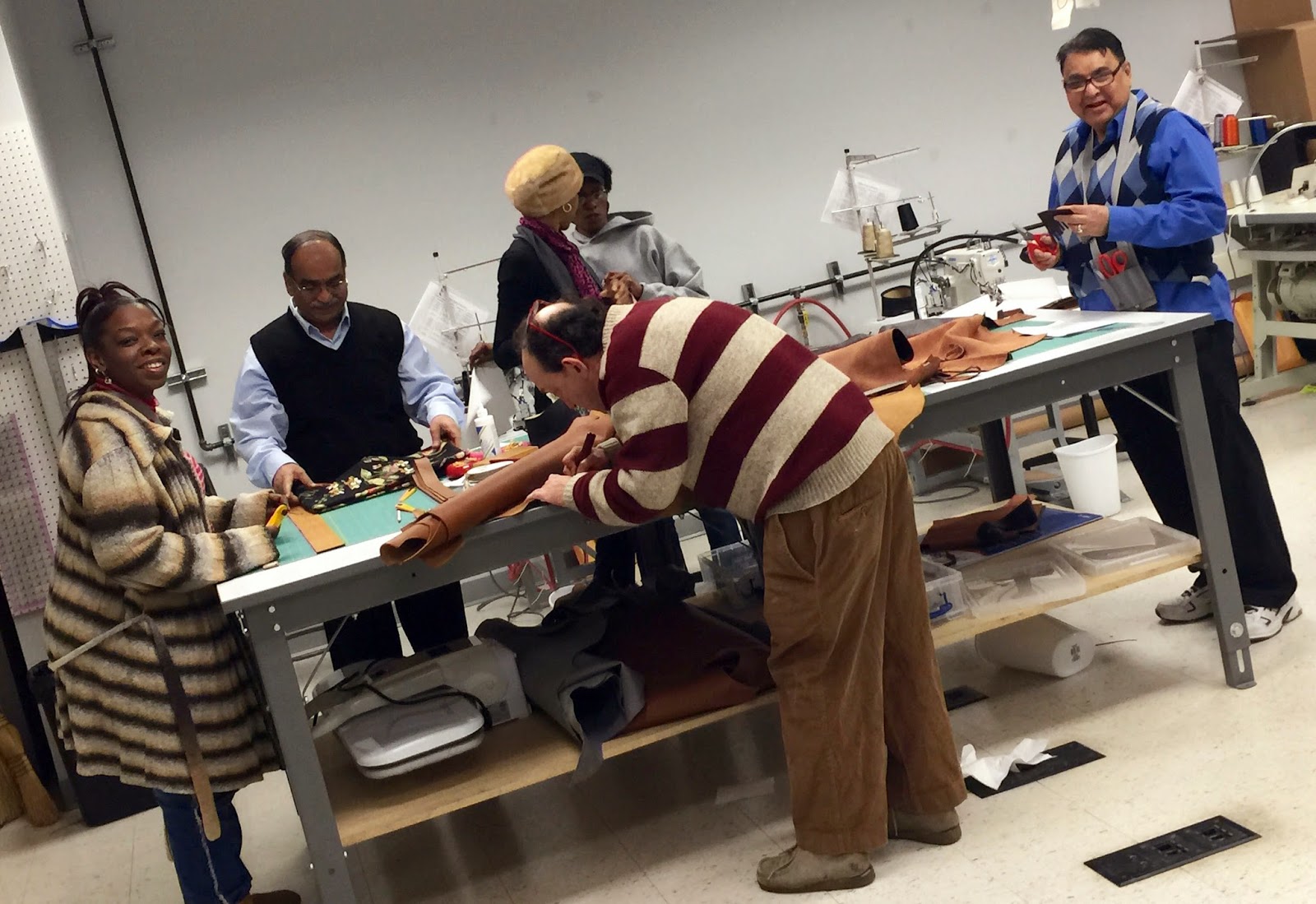By Karen Buscemi
It’s hardly profound to state the importance of education. However, people often get hung up on the type of education that’s needed to have a “successful life”. The high-school-to-college path, while certainly a fine plan, is not necessarily the right choice for all. And we all know those who’ve gone the college route without achieving desired career goals, or job satisfaction, for that matter.
Education comes
in as many flavors as Baskin-Robbins. You shouldn’t be afraid to sample many,
but at the same time, if a particular one floats your boat, you shouldn’t be
afraid to stick with what works for you. (And now I’m craving
chocolate-chocolate chip.)
Yes, college is great. An advanced degree may be even better
to get to the profession you want. But what if you tried college classes and
found they weren’t for you? What if circumstances made college an impossibility
for you? What if you got your degree and then found out you hadn’t learned all
you needed to succeed in your industry? What if your career goals changed and
now you need to learn a new industry?
Thankfully, continuing education abounds. For everyone. For
some, becoming educated in a skilled trade is a wonderful solution. Skilled
trades, along with their desirable apprenticeships, include manufacturing and
construction, and provide a living wage, with the median income in Michigan, asof 2013, being $21 an hour. There is high demand for skilled workers, and that
demand will continue to grow, as the current aging workforce retires in the
next five to 10 years. Some skilled trades offer on-the-job training, and for
many, educational programs are short term and provide immediate employment
opportunities upon completion. Our Industrial Sewing Certificate Program is an
example of a skilled trade in Michigan. With more than 300 open jobs, and
again, more coming in the next five to 10 years, there is great opportunity for
advancement in both position and pay. And funding is available for those who qualify through Michigan Works! Daytime education takes only six weeks,
on a full-time basis, and upon completion, employment is readily available.
When evening classes start at the end of March, it will take 17 weeks to be
ready for employment as an industrial sewer. Pattern making and sewing machine
repair classes will begin the end of spring – two sorely needed pathways that offer
higher wage opportunities.
For fashion designers coming out of a four-year degree
program, if your goal is to start your own fashion business, you are going to
need continuing education if you want that business to succeed. As fashion
schools do not teach business classes, you don’t have the knowledge to write a
proper business plan, create financial projections, or determine funding
sources, your supply chain, line pricing and so much more. Our Fashion Incubator, launching later this year, along with our continuing education
monthly workshops, will affordably fill that knowledge gap, allowing you to
thrive as a Michigan business owner, hopefully hiring others along the way.
For me, I never stop learning. From starting a nonprofit
more than two years ago to launching my own for-profit business, I rely on gads
of books, tons of Internet research and picking the brains of those way smarter
than me. I enjoy the challenge, and it sure keeps life interesting.
Whether it's a class, book, seminar, podcast, webinar, etc., find the form of education that suits your current situation and pursue it wholeheartedly.
Never stop learning.


No comments:
Post a Comment